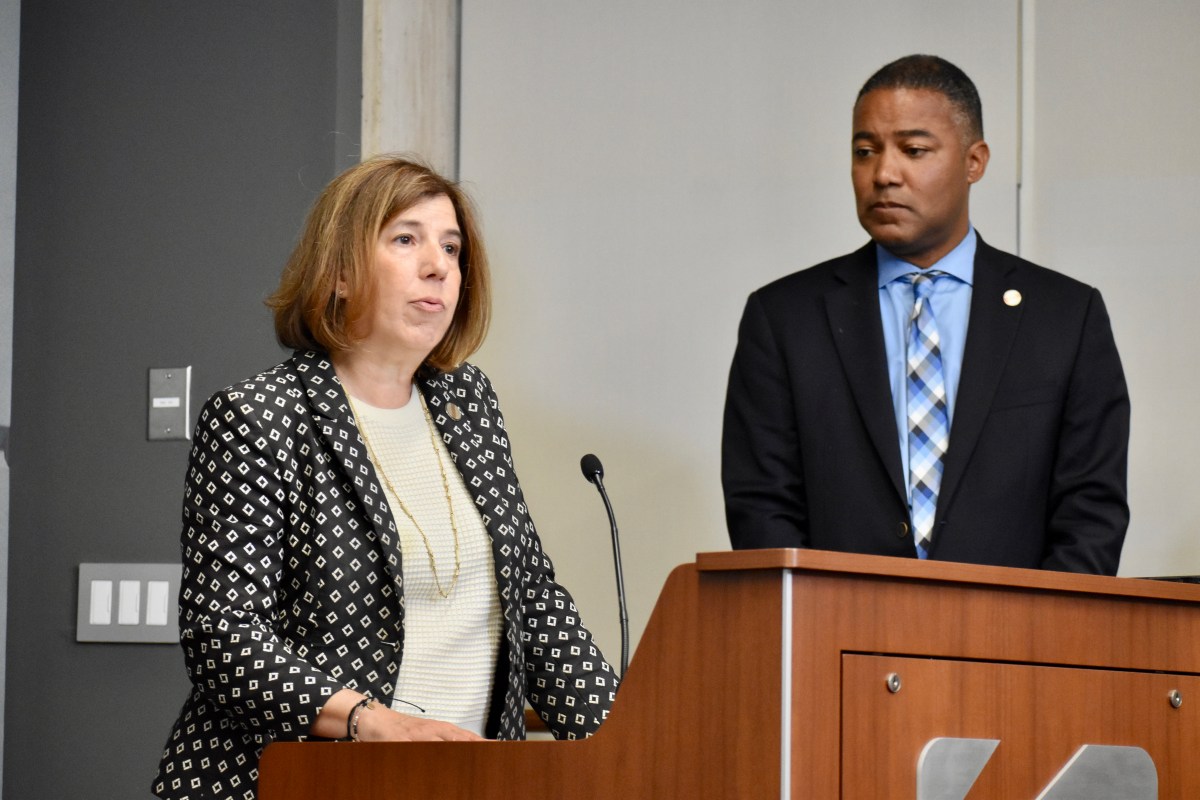TBILISI, Georgia (AP) — Georgia’s parliament on Friday voted to drop a controversial bill that opponents — and thousands of protesters who swarmed the capital earlier this week — warned could stifle dissent and curtail media freedoms, ushering in Russian-style repression.
The law would have required media and nongovernmental organizations that receive more than 20% of their funding from foreign sources to register as “agents of foreign influence.” Its opponents argued the bill was inspired by a similar law in Russia that is used to silence critics, and could hinder Georgia’s aspirations of one day joining NATO and the European Union.
Lawmakers voted 35-1 against the bill on Friday morning, at a session that lasted just four minutes and featured no discussion. The vote came less than a day after Georgia’s ruling party, Georgian Dream, said it would withdraw the legislation, after protests in Tbilisi swelled to tens of thousands despite being met with tear gas and water canons.
Demonstrations continued on Thursday night and Friday morning, with those gathered saying they wanted to ensure the bill is abandoned and secure the release of more than 100 protesters arrested over the past days.
The Georgian interior ministry reported on Friday morning that it had freed all 133 people detained at mass rallies outside parliament on Tuesday and Wednesday. However, it added that a probe was ongoing into “instances of violence” that allegedly took place.
Pro-European MPs who opposed the bill unfurled national and EU flags during Friday’s vote. Khatia Dekanoidze, a lawmaker from the United National Movement, called the draft legislation a “Russian law” and a “dangerous obstacle” for Georgia’s European integration.
“Today is a very important day,” she told The Associated Press. “We did it together with young protesters, young generations, students, together with Georgian society, and it was absolutely amazing how united society was.”
Mate Gabeshia, a student who took part in a rally against the bill on Friday, said that “the government understood that they had no chance” given the groundswell of popular protest.
“There are so many young people out (protesting) that they had no chance to win over us,” he said, adding that he saw his participation in the protests as “a fight for freedom.”
The European Union in June agreed to put Ukraine and Moldova on a path toward EU membership, while holding back Georgia’s bid and citing the need for further reform.
Opposition parties in recent years have accused Georgian Dream of pursuing pro-Russian policies while claiming to be Western-oriented. Opponents charge that the party’s founder, billionaire Bidzina Ivanishvili who amassed a fortune in Russia, has continued calling the shots in the Black Sea nation of 3.7 million, even though the former prime minister currently doesn’t hold a government job.
The party has repeatedly denied any links to Russia or that it leans toward Moscow.
The Kremlin spokesman on Friday said that Moscow had “nothing to do” with Georgian Dream’s foreign agents bill. At a regular press briefing, Dmitry Peskov alleged without elaboration that the U.S. was using the controversy around the law to foment anti-Russian sentiment in Georgia.
Russia-Georgia relations have been rocky and complicated since the Soviet Union’s collapse. The two countries fought a short war in 2008 that ended with Georgia losing control of two Russia-friendly separatist regions. Tbilisi had severed diplomatic ties with Moscow, and the issue of the regions’ status remains a key irritant, even as relations have somewhat improved.






















